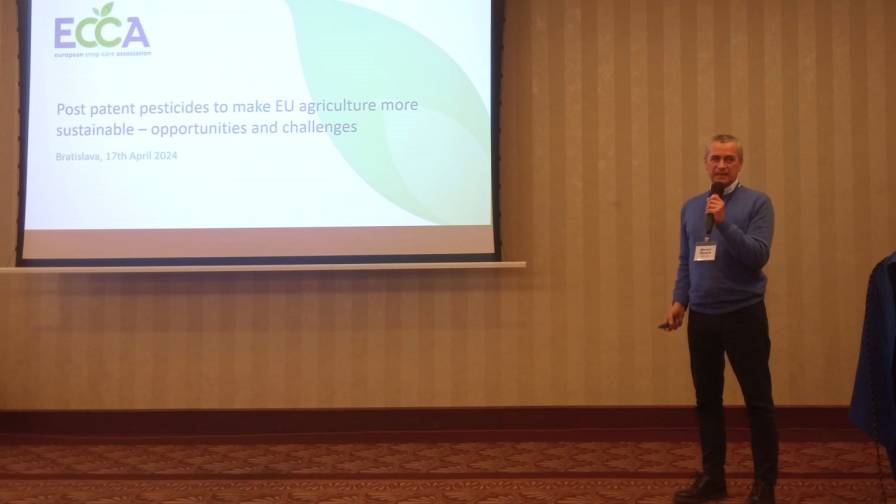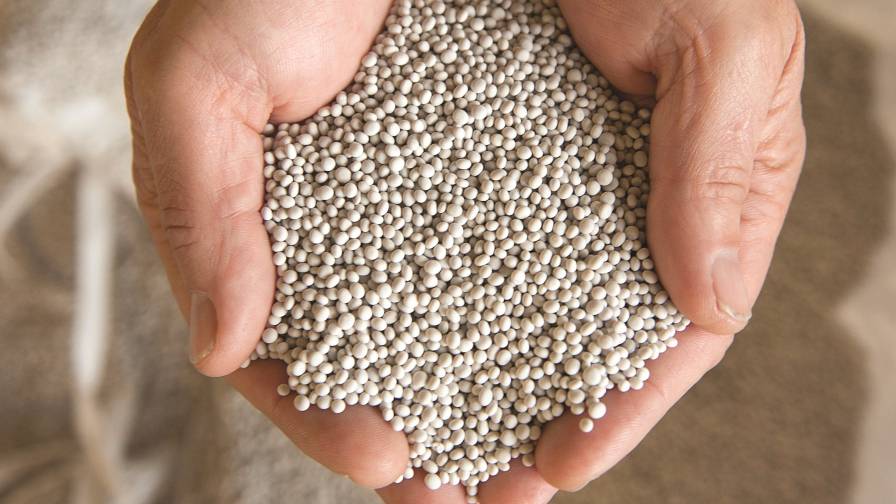Me-Too Fast Track
The Brazilian pesticide market is known worldwide as very attractive, due to high sales volumes (US $4.2 billion in 2005 at the distributor level), high sales margins (one of the highest in the world), and difficult market access caused by very complex regulatory legislation, elevated costs, and lots of paperwork.
Since 2002, when Decree No. 4072/2002 was set forth to establish Equivalency Registration, few products were actually registered. In spite of the fact that advances regarding generic product registration have provided a considerable reduction in costs, the long time taken to acquire market authorization discouraged several new players, especially because there is no realistic stated period for the concession of such license grants. Sensitive to some segments of society, mainly those connected to large farmers in close contact to the political class, the federal government published on Dec. 7, Presidential Decree No. 5981, which intends to speed up, simplify, and reduce the time for analysis and granting of registration licenses, notably for products defined as “me-too.”
Some important alterations when compared to the previous legislation involve the registration of technical products. These include:
- Simplification to the required tests
- Establishment of steps for submission of tests, to be followed in case it is not possible to demonstrate equivalency to the reference product
- The possibility that cancelled product registrations may serve as reference products for equivalency registration
- Communication from the Brazilian National Sanitary Surveillance Agency, ANVISA, which is responsible for regulating health in Brazil, and which will inform the equivalency registration applicant which registered products will serve as reference products.
With these new parameters it is possible to estimate a reduction in time when performing the necessary tests. The hydrolysis test, for example, which was required by the previous legislation, can take up to eight months to execute. For molecules considered unstable, such as fipronil, it is necessary to perform the test with radio-labeled compounds (C14) that may cost up to US $50,000.
Formulation Law Reformulated
For formulated products, the advances in legislation may be considered even more beneficial. However, it should be taken into account that, in Brazil, besides registration at the federal level, it is mandatory to register at the state level, which in some cases is more restrictive and complex than registration rules at the federal level.
Some important alterations when compared to the previous legislation regarding formulated products include:
- Submitting efficacy tests is not mandatory, in some cases
- Submitting residue tests is not mandatory, in some cases.
Despite this additional flexibility, the new Decree determines that it is mandatory to submit information regarding product phytotoxicity over the treated crops. This may lead to the necessity of performing efficacy tests to demonstrate the harmlessness of the product on the crops. Another relevant point to be considered is the Experimental Use Permit (EUP). Ever since it became mandatory, the number of applications has been increasing significantly each year. Applications for 500-gram samples for importation necessary to perform laboratory tests may take over 12 months to be granted, which has delayed experimental schedules and product registrations.
According to the new Decree, the granting of such EUPs may be automatic in some specific cases. To address this topic, a new specific regulatory legislation shall be published in the future. Unfortunately, the implementations of these new procedures may take up to several months. The regulating authorities do not foresee changes in the procedures regarding EUPs until April 2007, and the advice to companies is that all should proceed according to the previous legislation for the time being.
Caution is advised to companies when determining budgets for regulatory affairs. Despite what has been released in press, costs shall not be reduced as drastically as indicated, because other expenses should be taken into account, such as state registrations, without which it is not permitted to transport and market pesticides in Brazil. Such is the case in the state of Paraná, which is responsible for almost 30% of the Brazilian agricultural yields and possesses a highly technological level of production. In order to register pesticides in this state, it is necessary to submit efficacy tests and residue studies reports.
The regulatory advances presented in this new Decree promote an important step for faster access to the pesticide market. The regulating authorities declared that their main goal is to decrease the stated period of registration grants for new products to less than 6 months.





